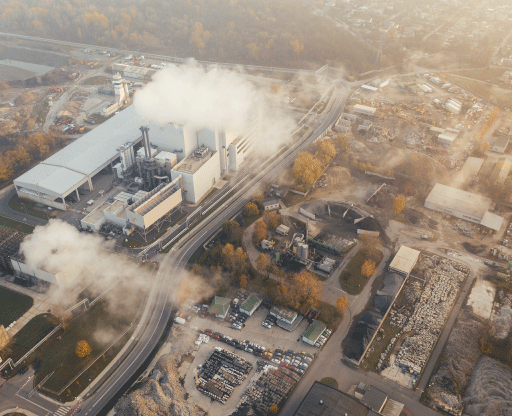

What are the current challenges in the carbon market?
The voluntary carbon market lacks any governance body compared to other markets entered by countries. For Voluntary Carbon Markets, the parties, set the requirements for project certification and what can constitute generating carbon credits, are fully private. Each standard establishes its own eligibility criteria for projects that it registers, as well as for entities that can obtain access to the registry for trading. This regulates participants and doesn’t allow for a full free market. For example, VERRA does not accept individuals while others will. Some standards will only accept certain countries, while others will accept others.
The used terms aren’t even the same for all registries. Gold Standard refers to them as carbon credits, VERRA designates VCCs as Verified Carbon Units, and some companies will just refer to them as carbon offsets.
Fraud
Another major hurdle is the issue of fraud in the current carbon market.
With the lack of regulation in the market and distrust, there is an issue of double counting. Double Counting refers to a situation where two parties claim the same carbon removal or emission reduction. This is a huge problem, as two parties cannot claim credit for the same climate action. If a company claims to be carbon neutral through offsetting by using the same offset as someone else, then only 1 tonne has been removed from the atmosphere instead of two tonnes. Double counting also disincentivizes countries from implementing much needed climate action if they can constantly use the same one as other countries to fake their efforts.


Distrust of Credits
Lack of regulation and unified standards make it difficult for market participants to verify the quality of a given carbon credit and fraud from the lack of regulation leads to distrust. Each standard sets its own qualification criteria causing the carbon credits to not be compared easily due to the chances of different requirements. One credit is not like the other credit.
The price of carbon credits should reflect the true cost of proper measurement, reporting and verification of a given offset project. With these different credits, the prices won’t be properly given and comparable for all. Which carbon offset will truly be the best and worth the time? Which one uses a named registry?
